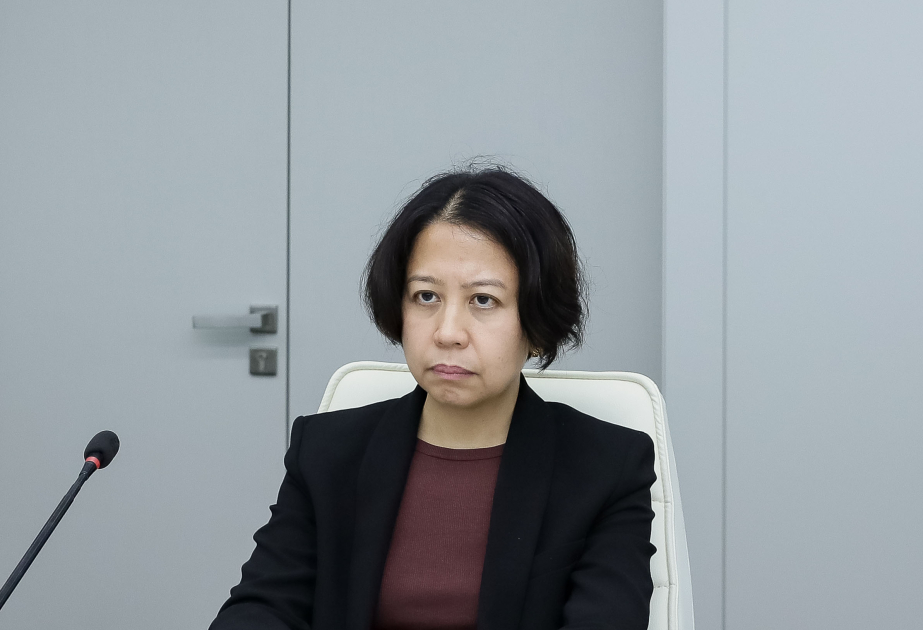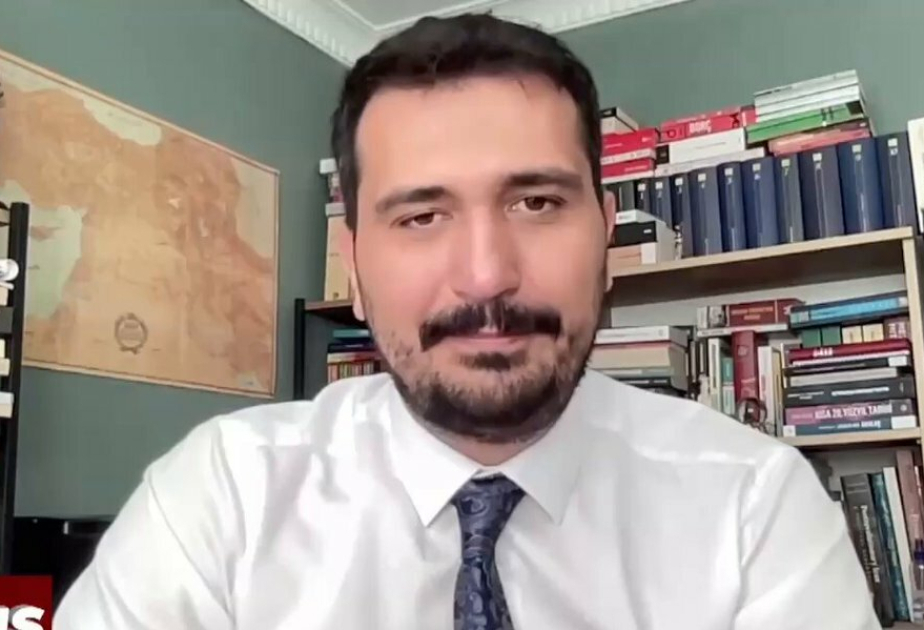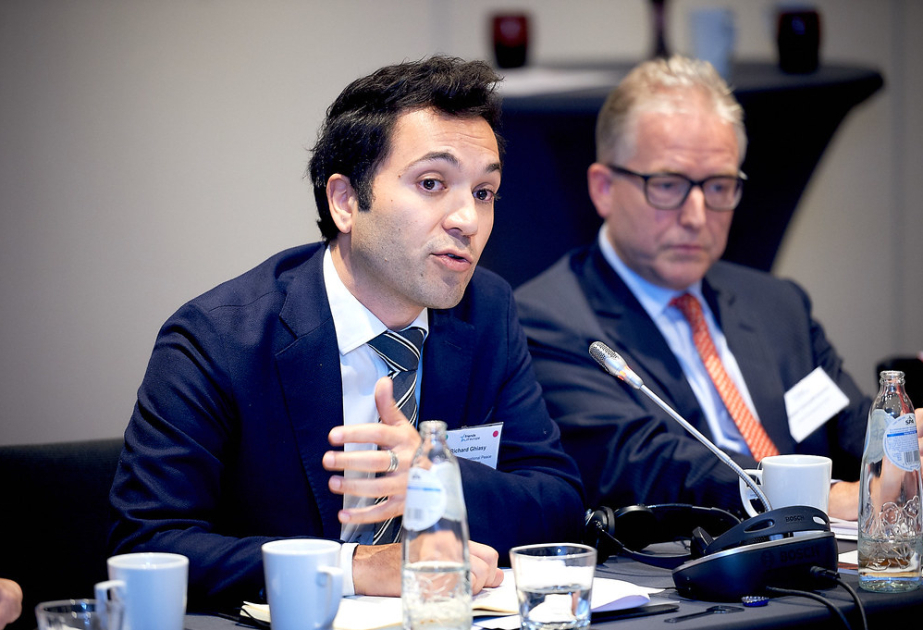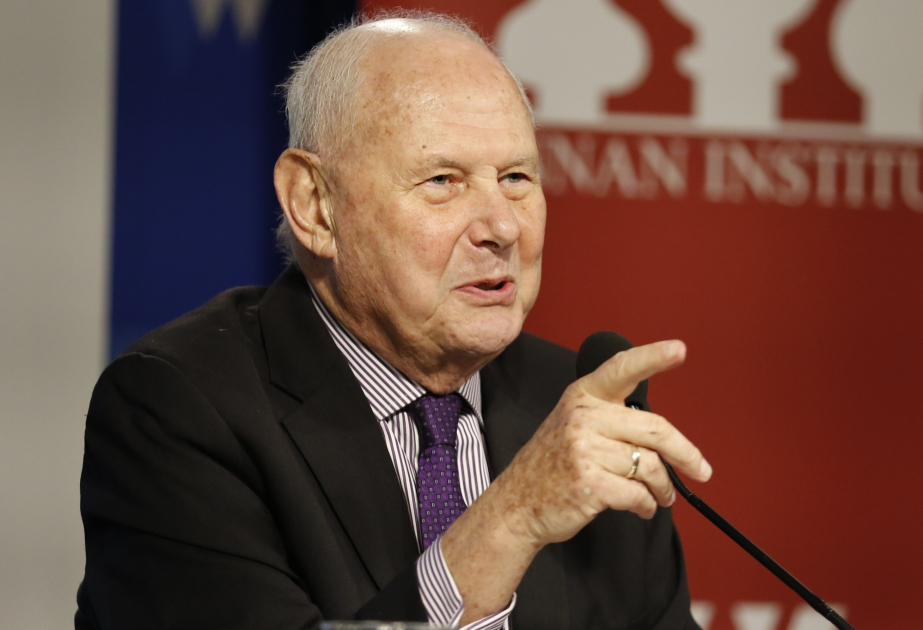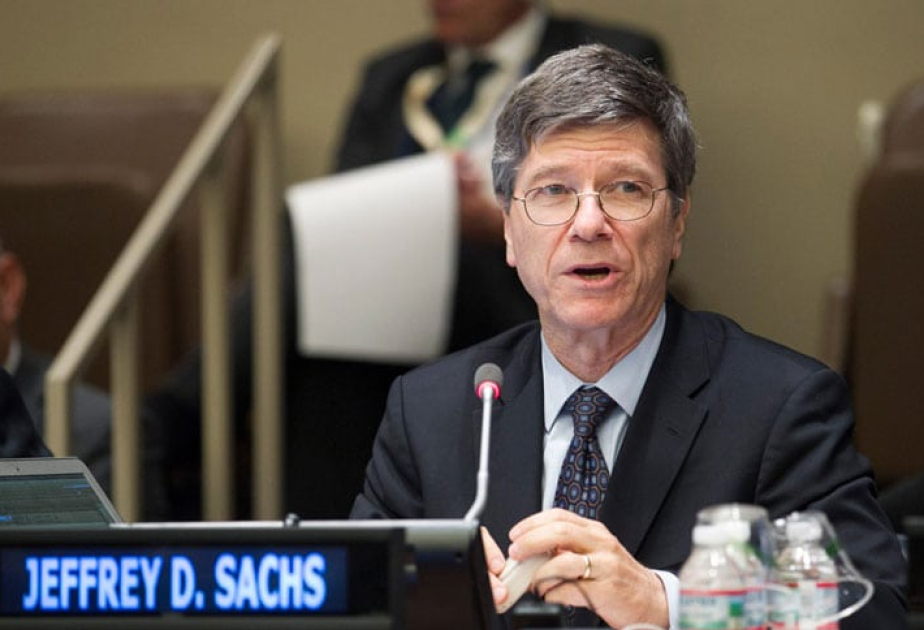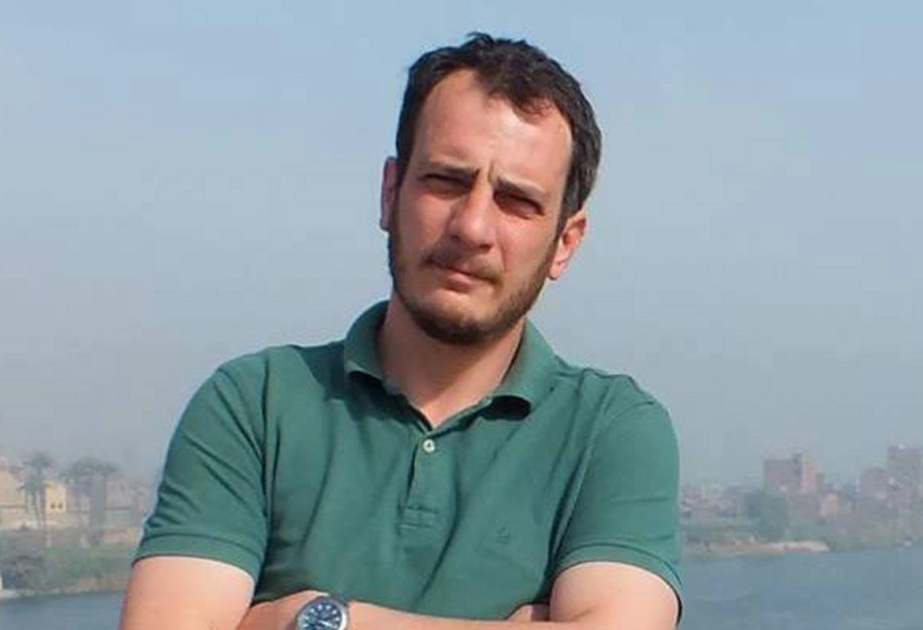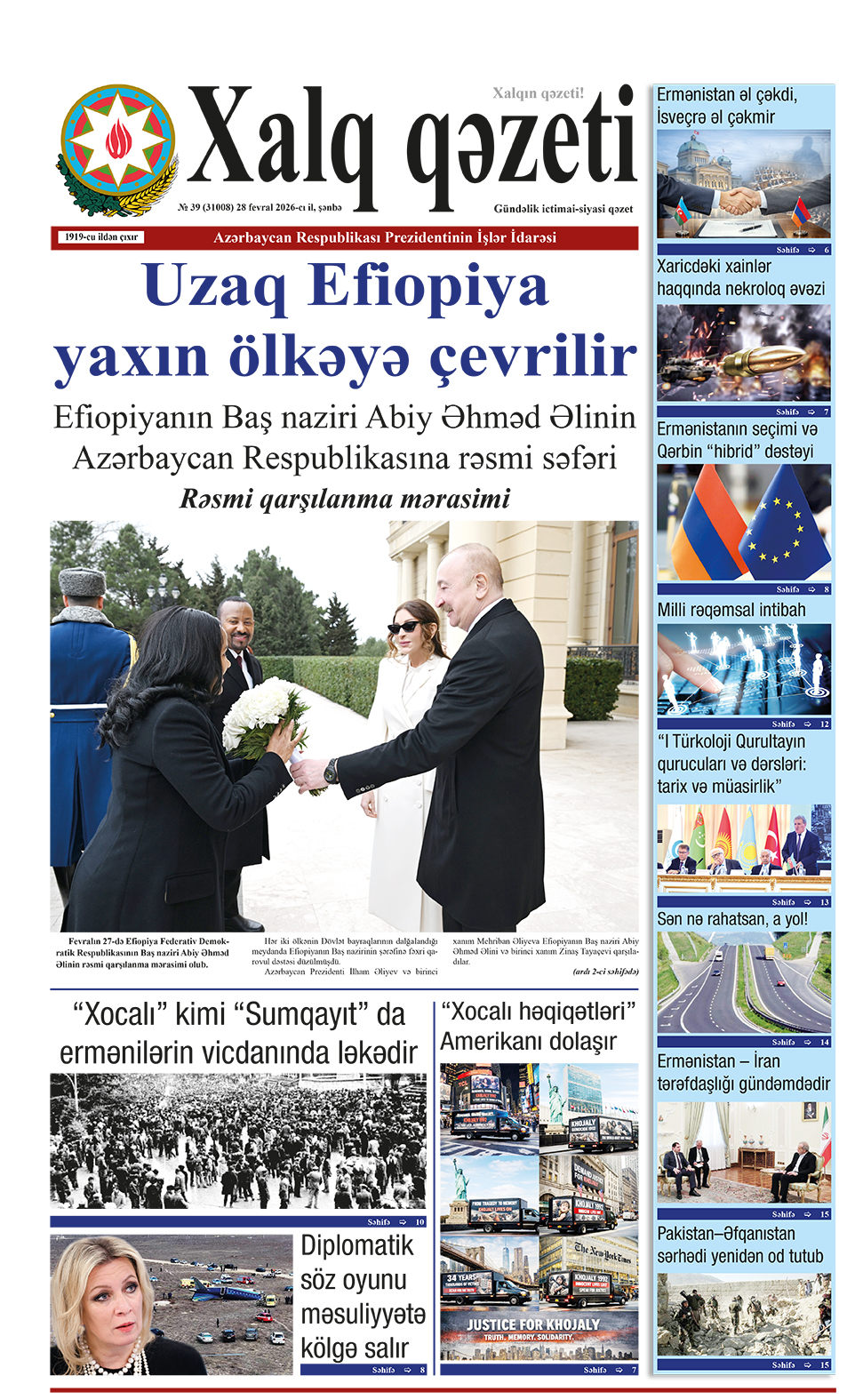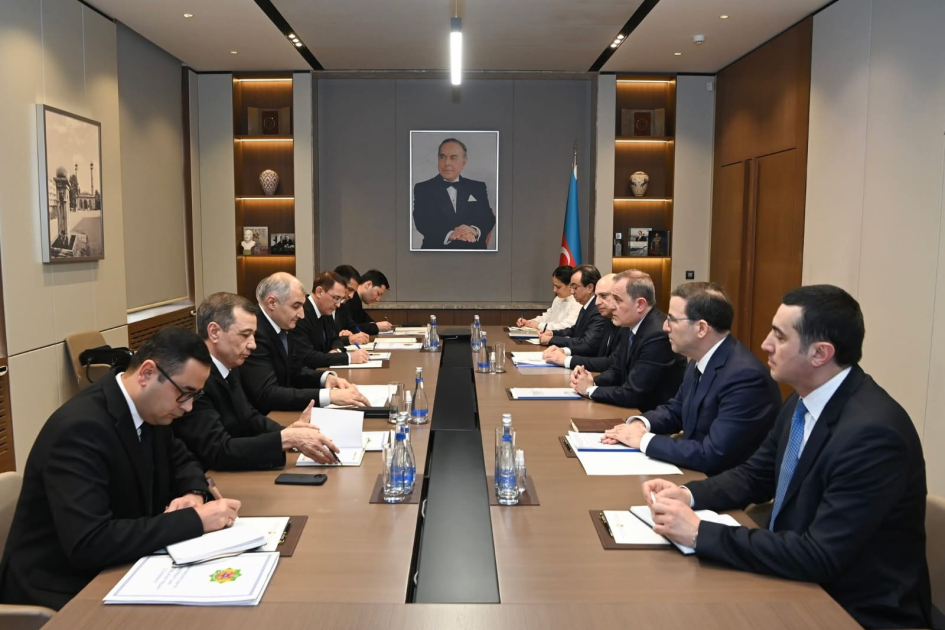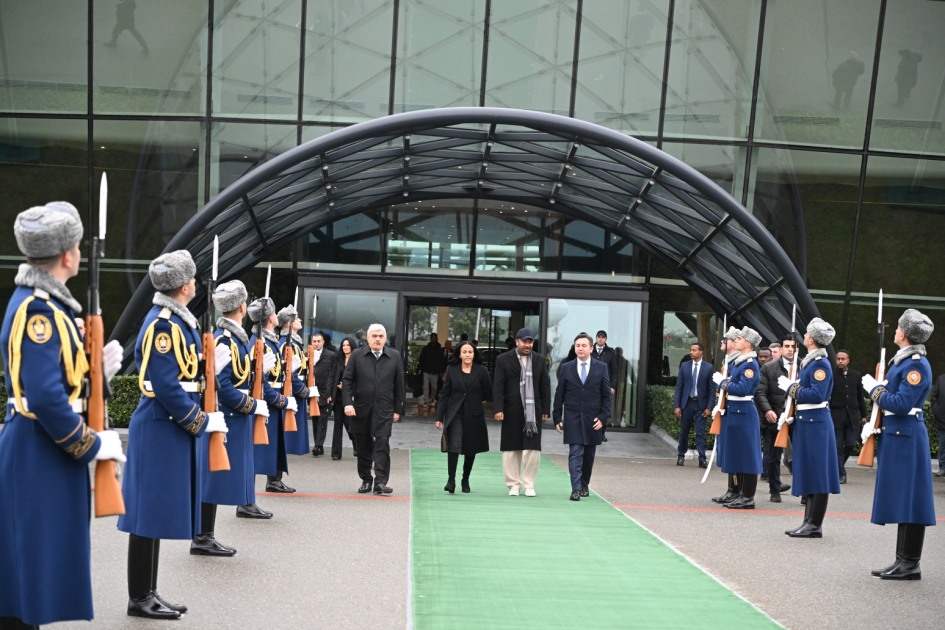The Azerbaijan State News Agency (AZERTAC) presents an interview with Anna Rose Bordon, head of the International Monetary Fund (IMF) mission in the country.
- How do you assess the current state of the Azerbaijani economy from the IMF's perspective?
- Following a slowdown in 2023, real GDP rose by 4.1 percent in 2024, up from 1.4 percent in 2023, supported by strong growth in the non-hydrocarbon sector. Inflation increased in the second half of 2024, partly due to adjustments in administered prices, reaching 4.9 percent by the end of the year. In the medium term, growth is expected to be around 2.5 percent, which aligns with potential growth. If international food and energy prices remain stable, inflation is likely to stay within the Central Bank's target range of 4 ± 2 percent.
- What are the current priority areas of cooperation between the IMF and Azerbaijan? Are there any plans for a new cooperation or monitoring program with Azerbaijan (e.g., under Article IV, SMP, or EFF)?
- The IMF concluded its Article IV consultation mission in March 2025. The consultation emphasized the need to pursue fiscal consolidation, continue to improve the monetary policy framework, and adopt structural reforms to promote diversification and sustainable growth. In addition to the Article IV mission, the IMF provides ongoing technical assistance to Azerbaijani authorities. This support aims among others to enhance public financial management and revenue administration, strengthen monetary policy frameworks, and improve the resilience of the financial sector. Azerbaijan does not need a loan program from the IMF as they have sufficient buffers.
- How does the IMF assess Azerbaijan's steps to diversify its economy beyond the oil and gas sector?
- Diversification is Azerbaijan’s biggest challenge, gives its limited hydrocarbon reserves and the ongoing energy transition. The government should continue to attract private investment, reduce risks to public finances, and pursue key reforms such as improving state-owned enterprises' performance, enhancing governance, and promoting private sector access to finance.
- How does the IMF assess Azerbaijan's efforts to reform the banking sector and improve transparency of public finances?
- The IMF assesses positively the ongoing effort to strengthen Azerbaijan’s banking sector. IMF assesses the banking sector to be broadly resilient, as a result of the Central Bank of Azerbaijan’s effort to improve financial sector regulation and strengthen banks’ prudential oversight, corporate governance, and risk management standards. The IMF also welcomes the authorities’ ongoing efforts to improve the transparency of public finance, including better monitoring and assessment of fiscal risks, and further steps to strengthen the budget legislation system and the fiscal rule. Improved public finance transparency has also been reflected in the 2023 Open Budget Survey of budget process transparency which ranks Azerbaijan 23rd out of the 125 countries.
- How important is the digitalization of the Azerbaijani economy for the IMF, and what specific initiatives do you support?
- Digitalization is a critical tool for strengthening institutional frameworks. Initiatives such as expanding digitalization in revenue administration and procurement processes are recommended as they enhance fiscal transparency. The development of digital financial services such as open banking and fintech is also important to foster competition and expand financial inclusion, especially for SMEs.
- What instruments does the IMF offer to support green growth and climate resilience in Azerbaijan?
- The IMF’s mandate is to safeguard macroeconomic stability, a pre-requisite for sustainable growth and job creation. Wherever climate policy intersects with macroeconomic policy, the IMF is here to help. We help our members address those challenges of climate change for which fiscal, financial, and macroeconomic policies are an important component of the appropriate policy response.
- Does the IMF plan to intensify cooperation with Azerbaijan within the framework of sustainable development initiatives (SDGs)?
- The IMF's role is to ensure macroeconomic stability, which is essential for sustainable growth and job creation. Our job is to advise authorities to create the fiscal space needed to achieve goals such as the sustainable development initiatives, which includes measures to enhance revenue mobilization and improve spending efficiency.


